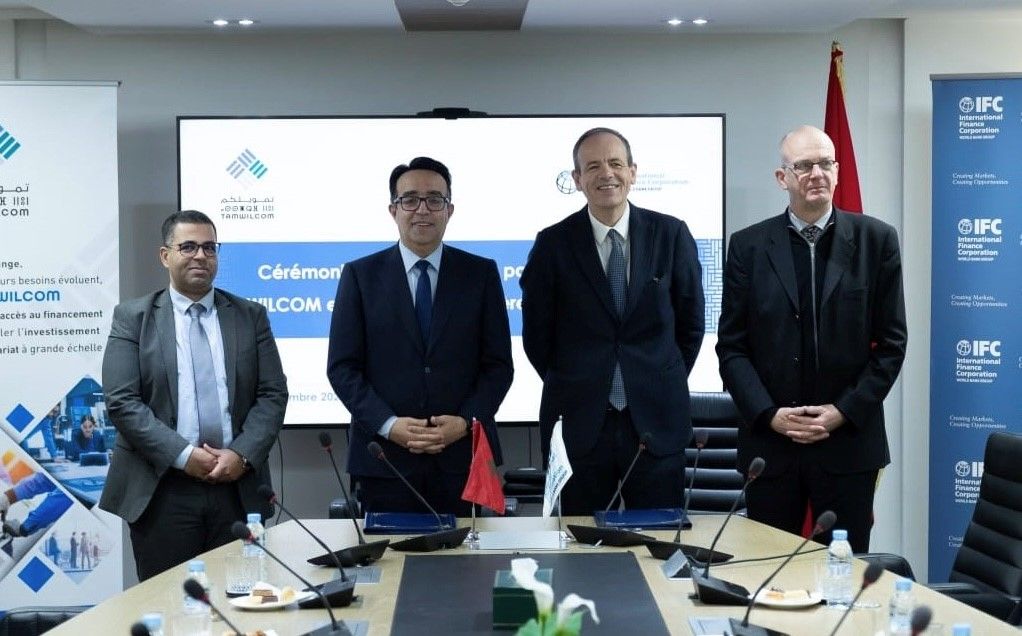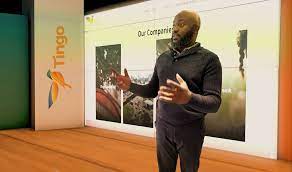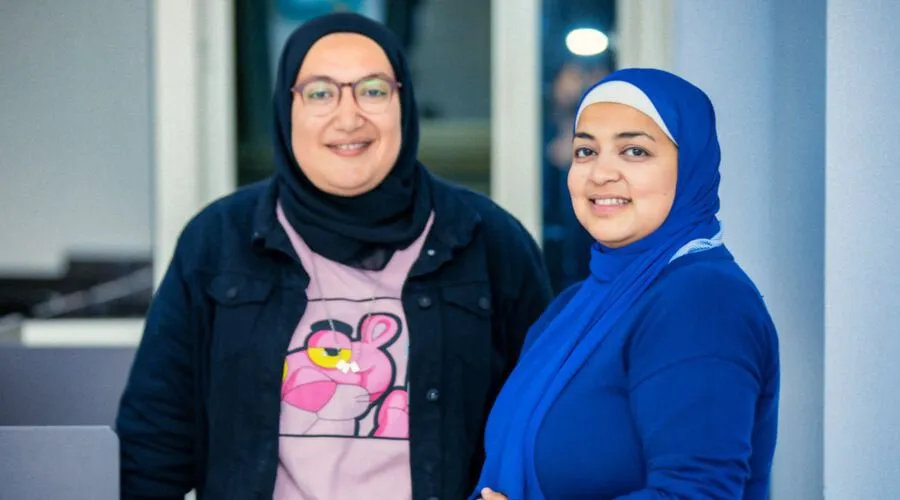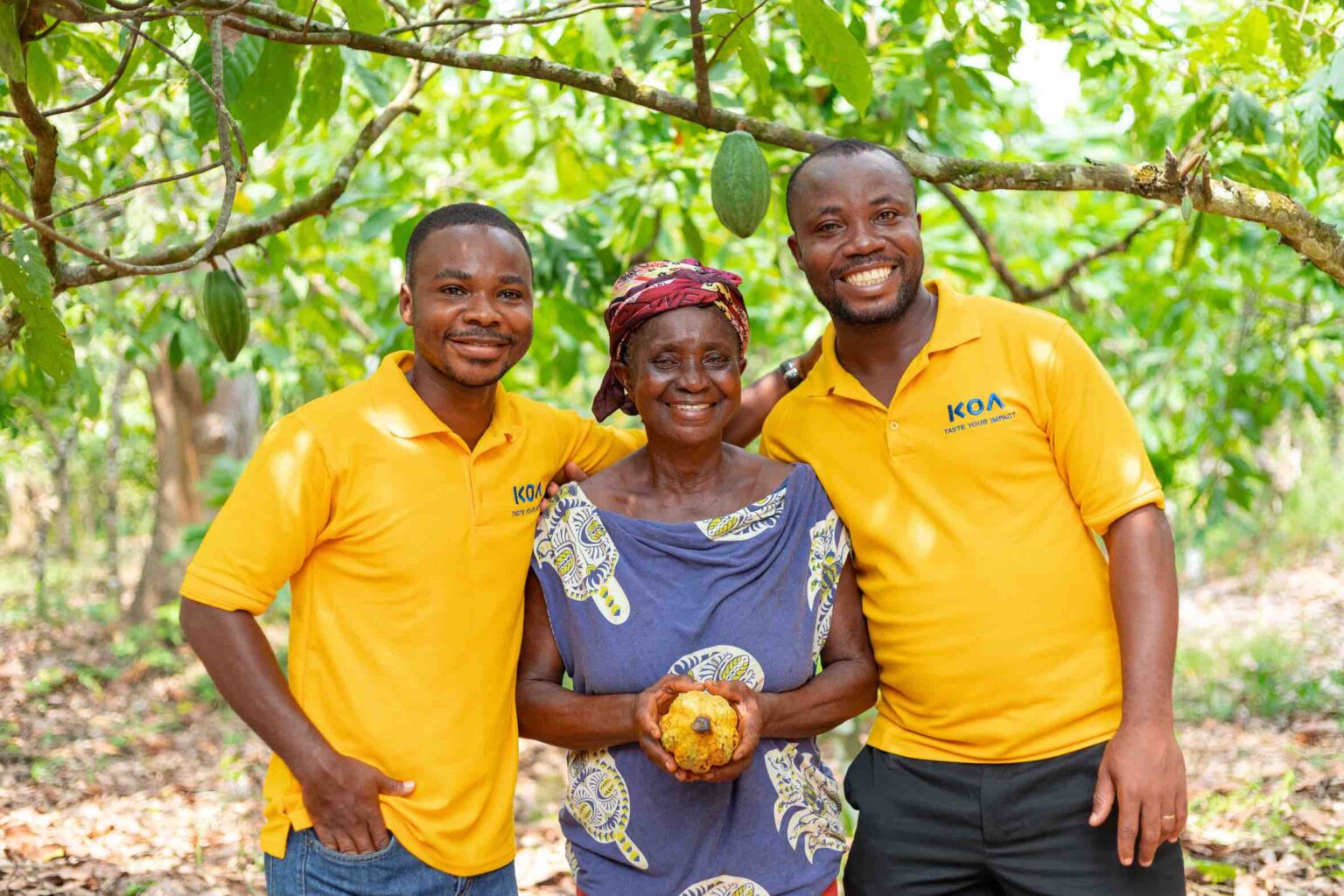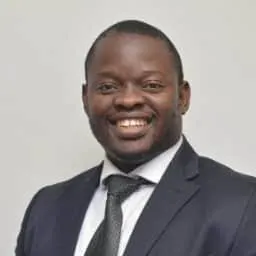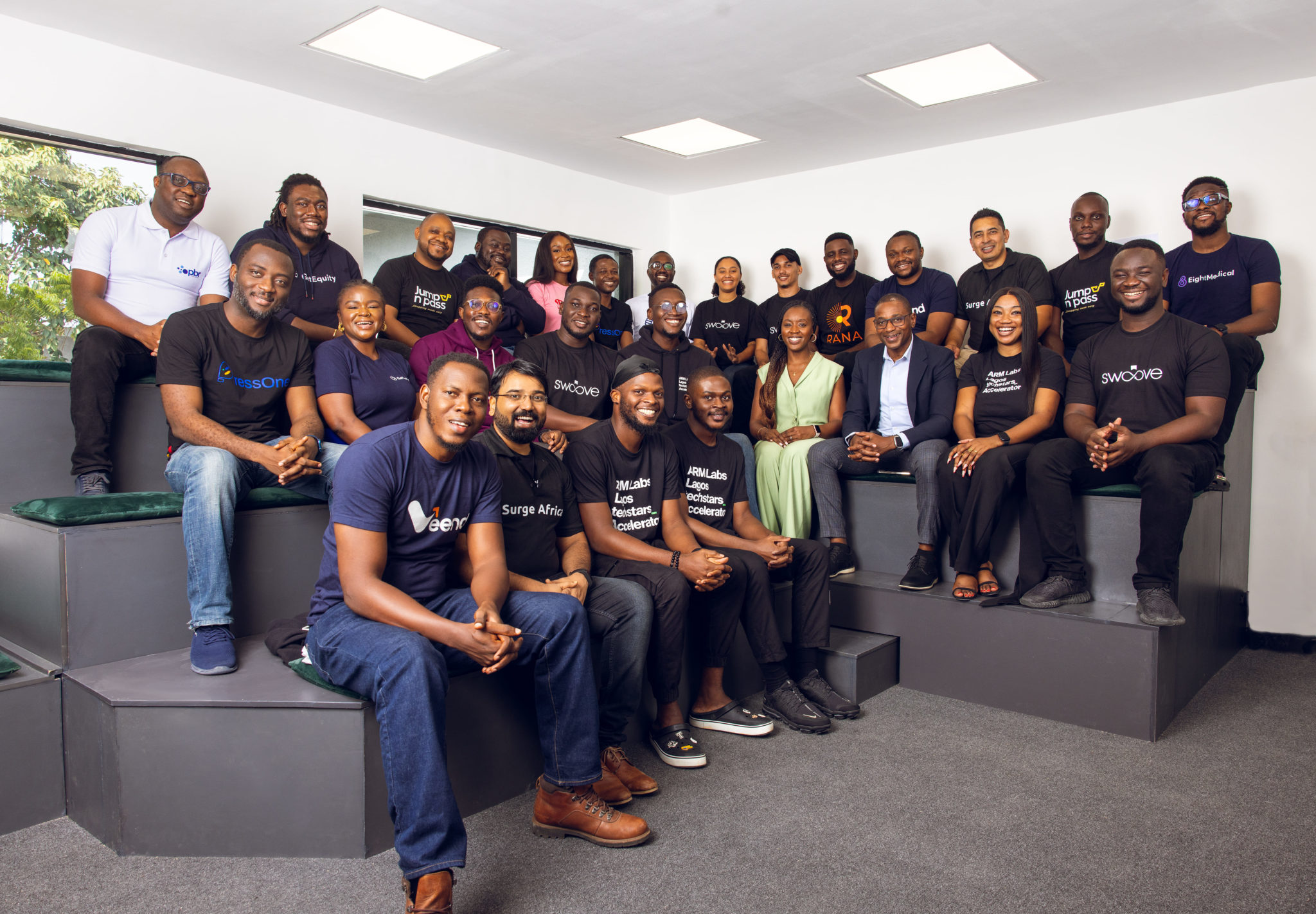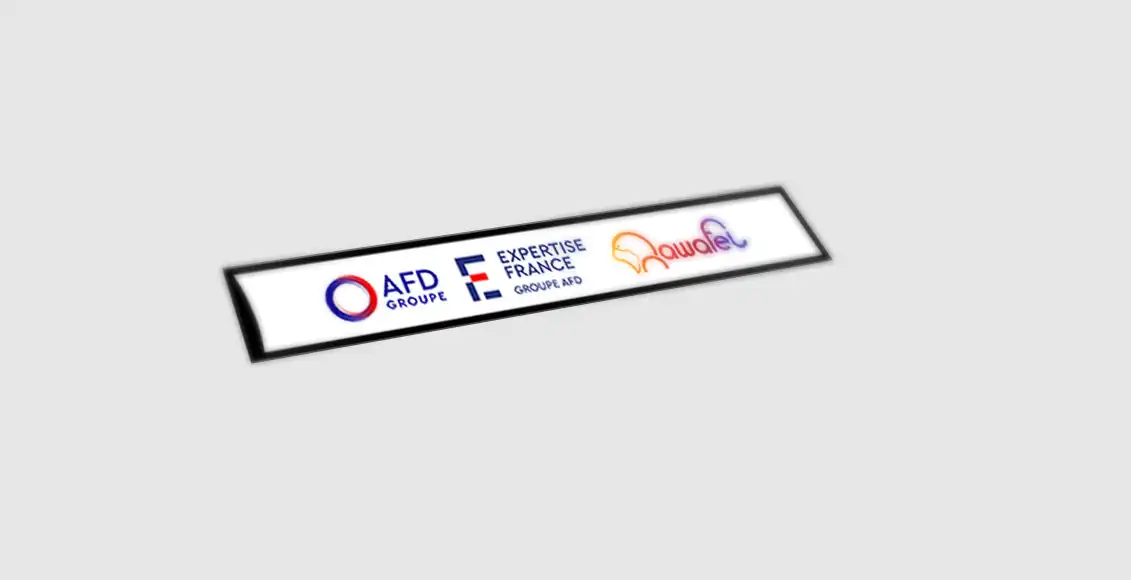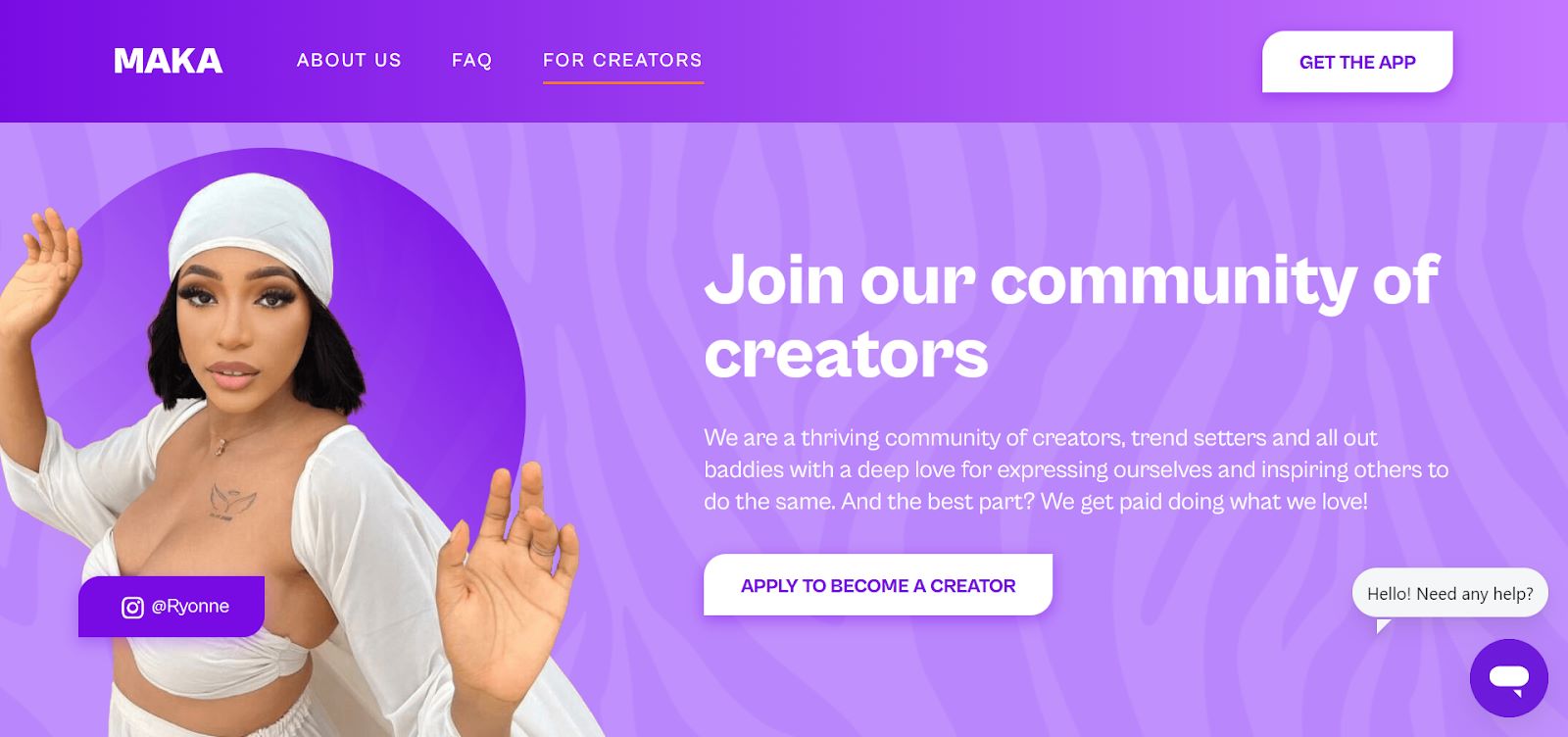Investors Rally Behind Twiga with $35M Funding Injection Amid Operational Challenges
Twiga, the Kenyan startup renowned for its innovative approach connecting farmers with food vendors, has successfully raised $35 million in convertible bonds. The fundraising effort comes at a critical juncture for the company, following recent challenges, including a court dispute with a supplier and the announcement of a six-month sabbatical by CEO Peter Njonjo.
The convertible bonds, a form of debt that offers interest payments and the option for conversion into equity, were secured from private equity investors Creadev and Juven. Both firms, known for their previous investments in Twiga, played a crucial role in providing the undisclosed amount of funding. The financial infusion is earmarked to settle outstanding payments to suppliers and bolster Twiga’s operations.
Creadev, a subsidiary of the Mulliez Family Association, and Juven, a Goldman Sachs spinoff, have demonstrated their commitment to Twiga by participating in this latest funding round. However, both private equity firms did not provide comments regarding the investment at the time of this report.
The fundraising effort follows recent reports of a court dispute with Incentro, a cloud service vendor, seeking liquidation proceedings to recover outstanding debts. Private negotiations are ongoing between the concerned parties to resolve the dispute amicably.
Amidst the fundraising news, CEO Peter Njonjo’s decision to take a six-month sabbatical has sparked speculation within the tech community about potential internal dynamics. While some investors and industry observers suggest the timing could indicate a change in leadership, sources close to the matter maintain that Njonjo continues to enjoy a positive relationship with Creadev, emphasizing their ongoing support for Twiga.
Twiga, a B2B company co-founded by Peter Njonjo and Grant Brooke in 2014, has faced challenges in adapting to the evolving business landscape. The company recently underwent significant changes, including a 30% staff reduction and a shift in its commercial model, opting for independent sales contractors over an in-house sales department.
Despite Twiga’s impressive track record of raising over $150 million in equity and debt since 2017, the company has acknowledged the complexities of operating in an increasingly challenging business climate. Rising inflation and currency devaluation across Africa have added to the difficulties faced by B2B e-commerce startups.
Twiga, with its asset-light model, continues to navigate these challenges as it seeks to digitize the informal market for fast-moving consumer goods and packaged foods. The company remains backed by investors such as Genevieve Capital, Creadev, Juven AHL Venture Partners, and Omidyar Networks.

Charles Rapulu Udoh is a Lagos-based lawyer, who has several years of experience working in Africa’s burgeoning tech startup industry. He has closed multi-million dollar deals bordering on venture capital, private equity, intellectual property (trademark, patent or design, etc.), mergers and acquisitions, in countries such as in the Delaware, New York, UK, Singapore, British Virgin Islands, South Africa, Nigeria etc. He’s also a corporate governance and cross-border data privacy and tax expert. As an award-winning writer and researcher, he is passionate about telling the African startup story, and is one of the continent’s pioneers in this regard


